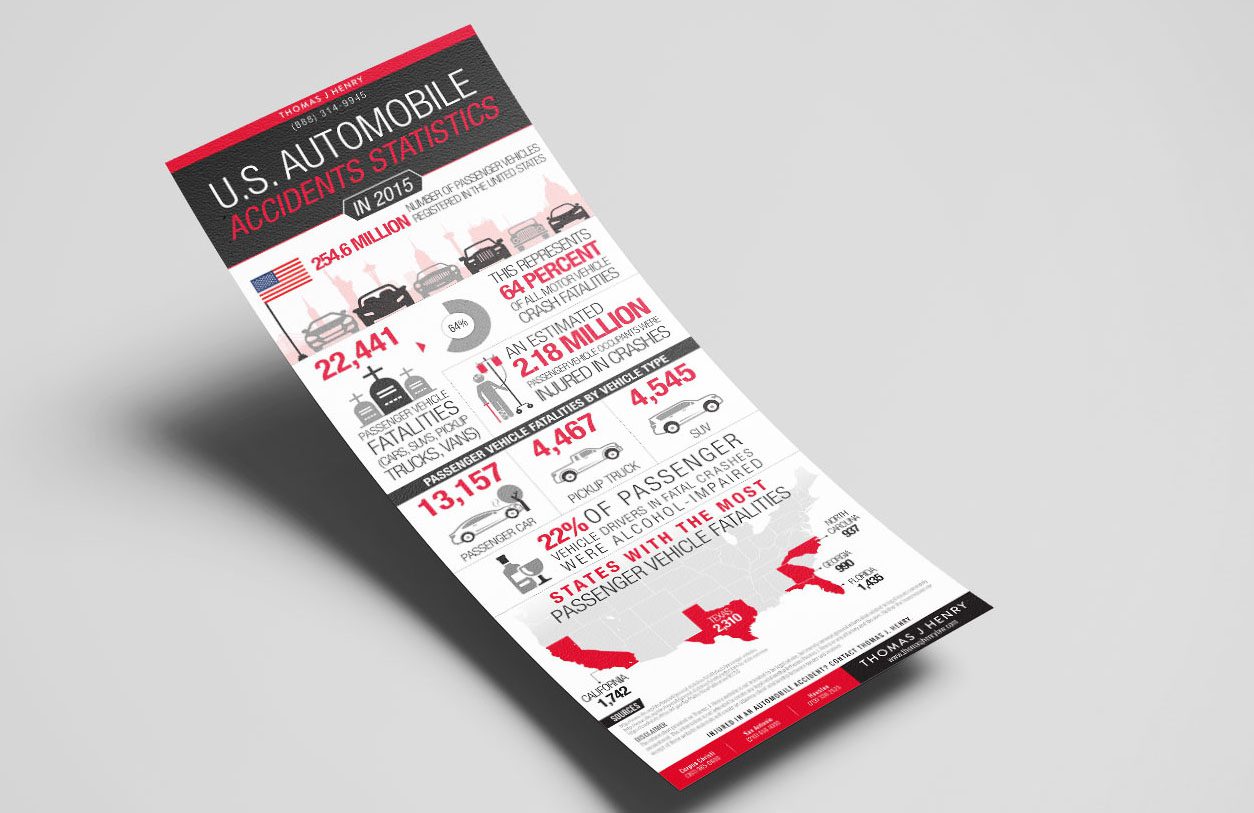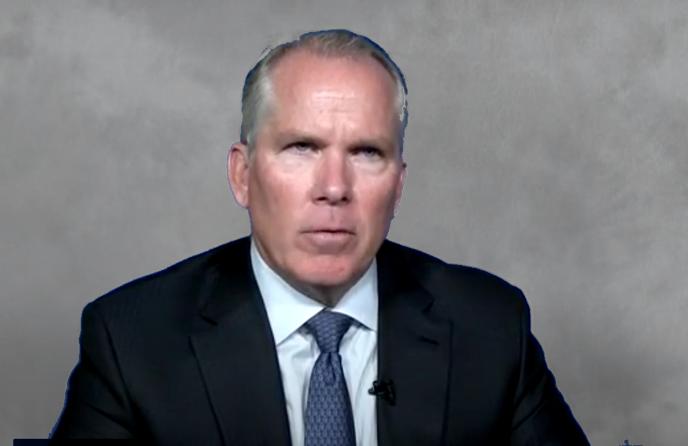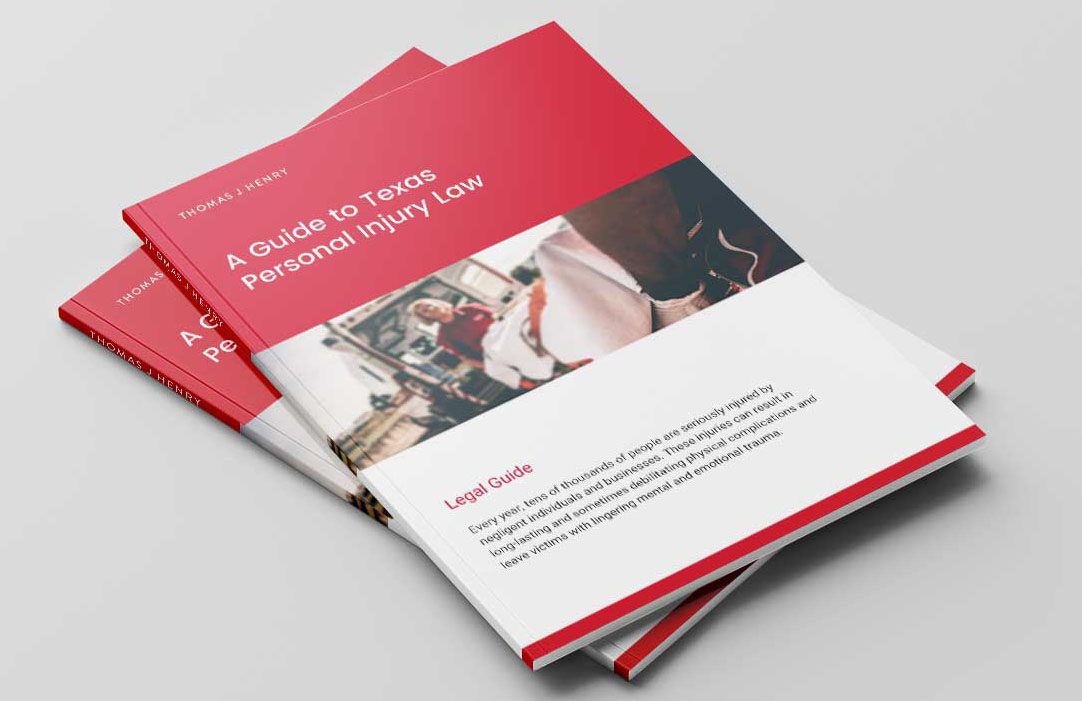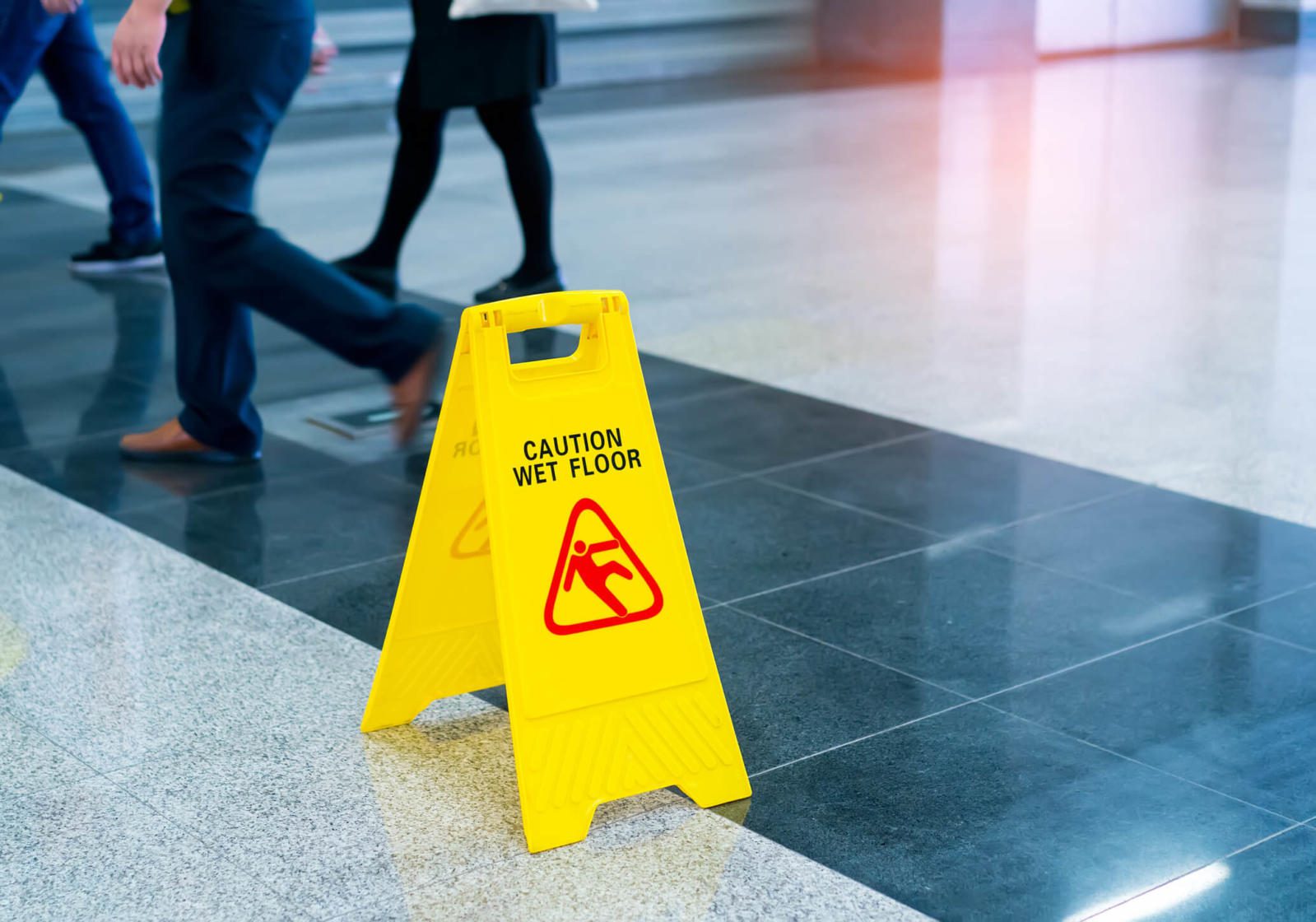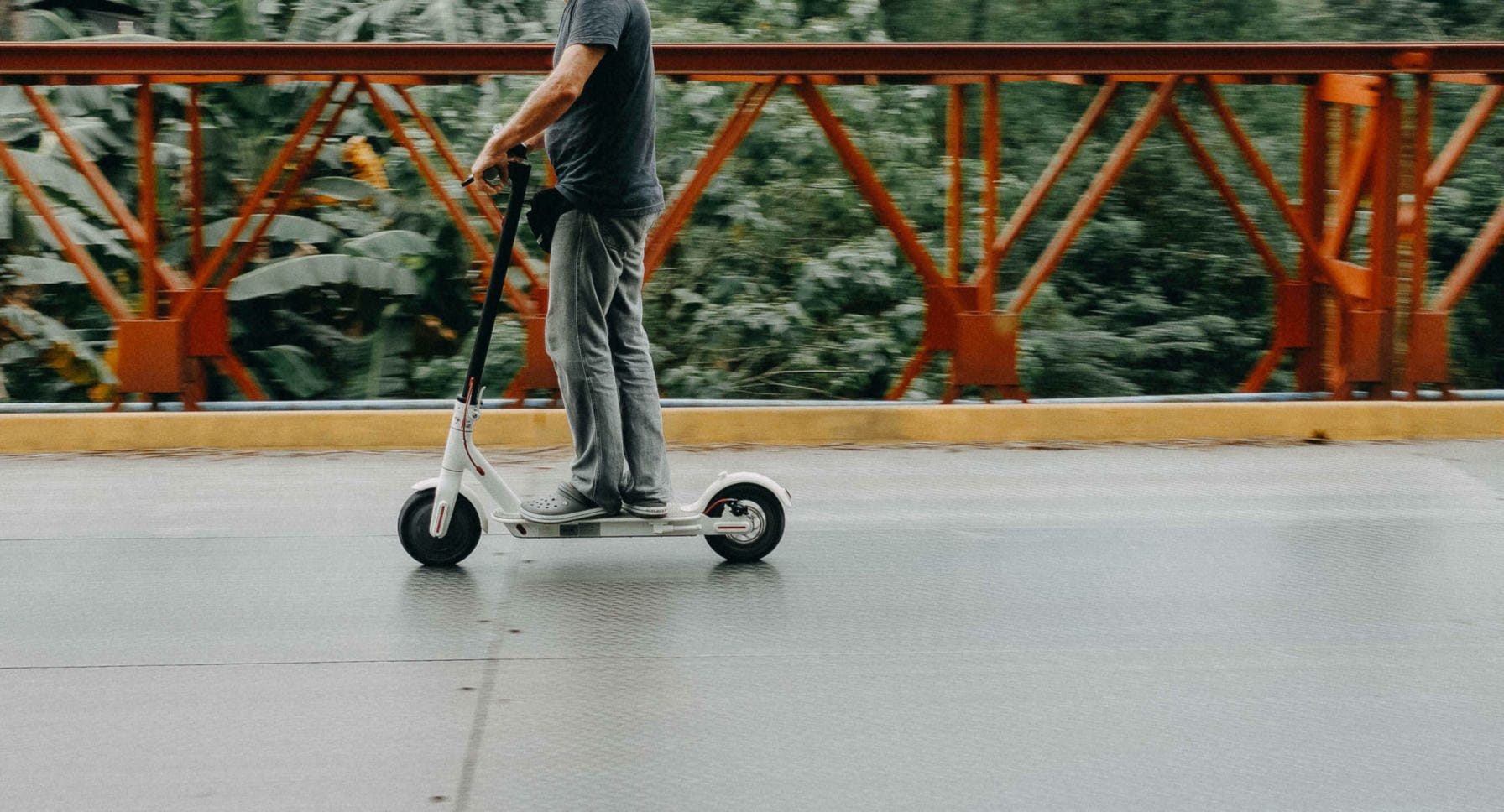On This Page
Building Your Houston Premises Liability Lawsuit
In order to prove liability for negligence in these cases, the following must be established by the plaintiff:
- There was a dangerous condition present on the property
- The dangerous condition contributed to or caused an injury
- The operator of the premises created, knew, or should have been aware of the condition
- The operator of the premises failed to correct the condition before the injury occurred
Houston slip and fall attorneys at Thomas J. Henry Law are here to speak with you to determine if you have a premises liability case that can be taken to court. We are available 24/7, nights and weekends to evaluate your case.
Common Causes of Premises Liability Claims
At Thomas J. Henry Law, our experienced attorneys have handled various types of premises liability cases. The following are the most common causes of premises liability cases:
- Slips & falls
- Negligent security measures
- Animal bites
- Improper or inadequate maintenance of properties
Steps to Follow After a Premises Liability Accident
- Get immediate medical attention for your injuries
- Report the incident to the owner or manager of the property
- Request a written copy of the incident report
- Take pictures of the area where the accident occurred, providing an exact time and date of the incident
- Get contact information for any witnesses of the accident
- Call an experienced injury attorney
Premises Liability Accident Statistics
According to the findings of Occupational Health & Safety:
- The number of risk zones for slips and falls is severely underestimated
- 46 percent of respondents believe there are only zero to three same-level fall risk areas in their facility
- Most risk zones are not being addressed
- 92 percent of organizations place floor mats in entranceways, and yet all nine of the other most dangerous risk zones go uncovered
- Popular solutions cause falls rather than prevent them
- About 15 percent of organizations reported that falls in their building are primarily the result of wrinkled, bunched-up, or shifting rubber-backed floor mats
- Customer walkways are a major problem area
- Only 31 percent of respondents reported placing floor mats in customer walkways, despite the fact that 24 percent of those respondents experienced falls in those areas
Do You Have a Premises Liability Case? Speak to Our Slip and Fall Lawyers in Houston, TX
Thomas J. Henry has been handling all types of premises liability cases in Houston, across Texas, and the entire United States. Our firm fights diligently on behalf of our severely injured clients to get the compensation they deserve for medical bills and lost wages. Premises liability cases are complex and require an experienced attorney on your side.
If you’ve been hurt on dangerous premises, call Thomas J. Henry Injury Attorneys today for a free case review. Our experienced Hosuton premises liability lawyers are available when you need us. Available 24/7, nights and weekends, we are ready to provide you and your family with a free legal consultation.
Our Houston Personal Injury Law Offices
- Phone number: (713) 581-8623 (attorneys available 24/7 to assist you)
- Address: 777 Post Oak Blvd #800, Houston, Texas 77056 (walk-in Monday through Friday)
